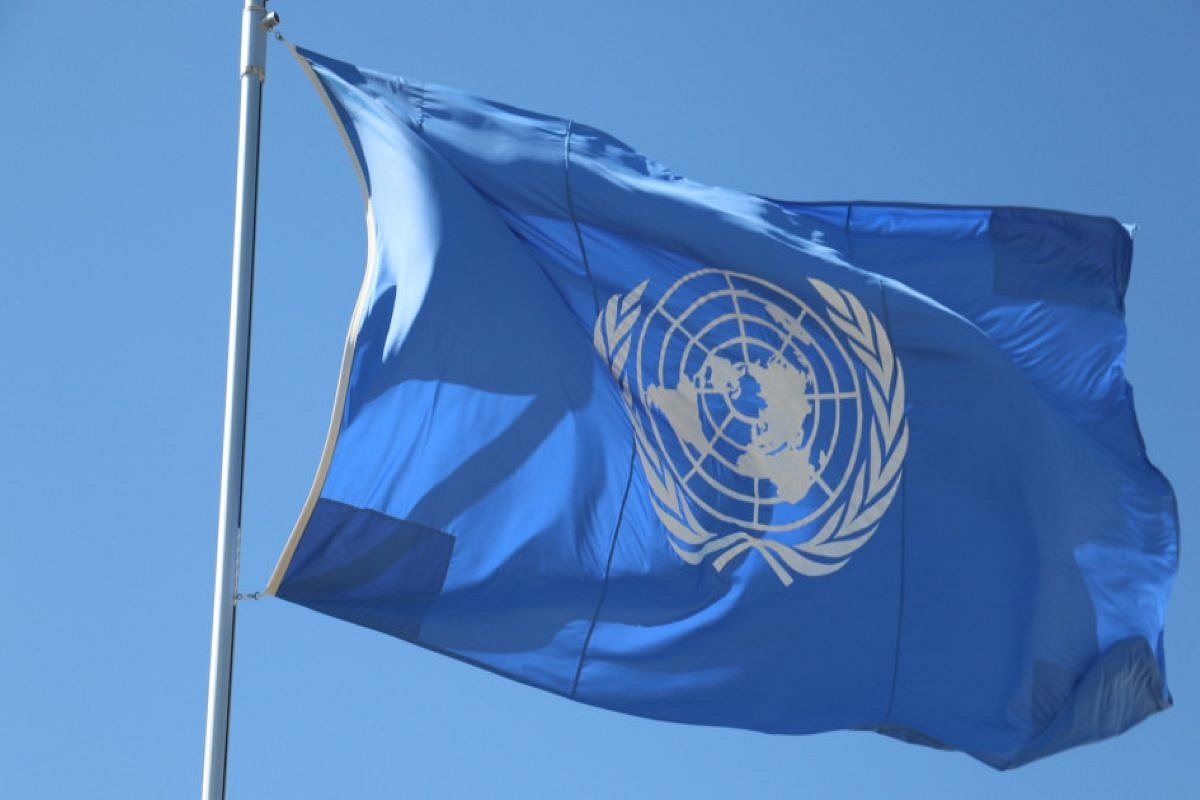World
India Elected To UN Statistical Panel For Four-Year Term

The United Nations flag.
India has won the UN Statistical Commission seat for a four-year term in a competitive election.
China and South Korea are still competing for the remaining seat from the Asia Pacific category.
India won with an impressive 46 out of 53 votes, leaving one position open for the Asia Pacific States member between South Korea and China which is set to be decided later today (6 April), reports Hindustan Times.
India was elected by a secret ballot, while Argentina, Sierra Leone, Slovenia, Ukraine, the United Republic of Tanzania, and the United States of America were elected by acclamation for a four-year term starting 1 January 2024.
“India elected to the highest UN statistical body for a 4-year term beginning on 1 January 2024! Congrats Team @IndiaUNNewYork for coming through so strongly in a competitive election,” External Affairs Minister S Jaishankar said in a tweet on Wednesday (5 April).
He added that India’s "expertise in the field of statistics, diversity and demography has earned it a seat on the UN Statistical Commission"
At present, there are four members - Kuwait, Republic of Korea, Japan and Samoa - from Asia-Pacific region in the Commission.
Kuwait and Republic of Korea's terms are ending this year, leaving Japan and Samoa as current Asia-Pacific members until 2024 end.
Founded in 1947, the United Nations Statistical Commission comprises Chief Statisticians from member states worldwide, and is the highest body of the global statistical system.
As the highest decision making body for global statistical activities, the Commission establishes standards and is also responsible for the development of concepts and methods, including their implementation at the national and international level.
The Commission has 24 UN member countries elected by the UN Economic and Social Council on the basis of an equitable geographical representation.
Among the members, five are from African States, four each from Asia-Pacific States, Eastern European States, and Latin American and Caribbean States, and seven from Western European and other States.
Introducing ElectionsHQ + 50 Ground Reports Project
The 2024 elections might seem easy to guess, but there are some important questions that shouldn't be missed.
Do freebies still sway voters? Do people prioritise infrastructure when voting? How will Punjab vote?
The answers to these questions provide great insights into where we, as a country, are headed in the years to come.
Swarajya is starting a project with an aim to do 50 solid ground stories and a smart commentary service on WhatsApp, a one-of-a-kind. We'd love your support during this election season.
Click below to contribute.
Latest